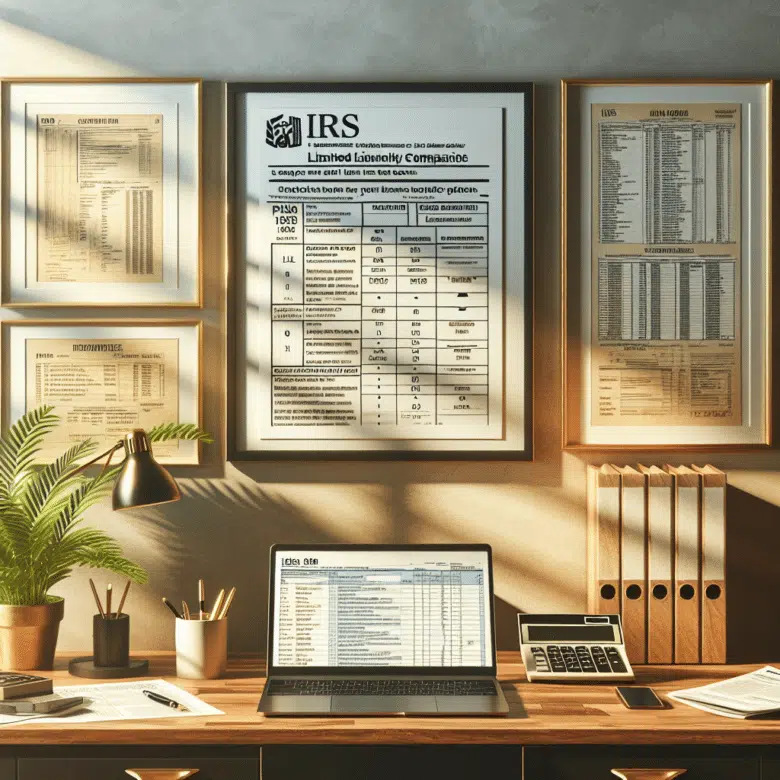A Beginner’s Guide to Budgeting and Navigating Taxes: Building Financial Confidence
Budgeting your money and understanding basic taxes can feel intimidating at first. But with some straightforward steps, you can gain more control over your finances and develop habits that serve you well for years to come. Let’s break down the essentials into manageable pieces of budgeting and navigating taxes..
Make a Budget
Start by tracking your spending over the course of a month or two. Note everything that comes in (income) and goes out (expenses) so you understand where your money typically flows. Then, decide on priorities for the months ahead. Will you allot more to saving, paying down debt, or spending on dining out with friends? Creating a monthly budget holds you accountable.
Pay with a Checking Account
A checking account provides a convenient way to pay bills and make purchases electronically rather than relying solely on cash. Be sure to only spend what you have so you avoid overdraft fees. Automate transfers from your checking into a savings account if possible so a portion of each paycheck goes straight to long-term savings without extra effort on your part.
Build an Emergency Fund
Life happens, so it’s important to set aside some money specifically for unexpected expenses like car repairs or medical bills. Financial experts recommend having at least $500 set aside initially, and working your way up to three to six months’ worth of essential living expenses (housing, utilities, food, etc.). Keep this cash accessible in a high-yield savings account.
Pay Down Debt Aggressively
High-interest debt like credit cards should become a top priority if you’re carrying a balance month to month. Attack it with a vengeance using the “debt snowball” or “debt avalanche” methods: Pay minimums on all debts while concentrating extra payments on the smallest balance first or highest interest rate first. You’ll be motivated by quick wins that snowball into larger and larger payoffs over time.
Open a Retirement Account
Even if retirement feels far off, starting to save now makes a big difference down the line due to compound interest. Choose from options like a Roth or traditional IRA or your employer’s 401(k). Contribute at least enough to get any available employer match if offered—free money!—and automate contributions whenever possible for effortless saving.
File Taxes
Filing your taxes may seem too complex, but if you keep good records and simply follow the instructions, it’s far more straightforward than some expect. Make use of free filing options if your income is under $79,000. Always get a receipt when paying estimated taxes, since this is proof you paid the IRS on time. Stay organized so you’re ready for audits, though these are typically quite rare. We specialize in filing taxes, give us a call.
Adjust Your Budget as Needed
Life circumstances change, so revisit your budget periodically to account for salary increases, different expenses, or lifestyle shifts. Set aside time for financial check-ins say every three months. It’s tough to keep every single category perfectly on track, so focus on the overall goals and direction rather than beating yourself up over occasional splurges. Flexibility helps you sustain these habits for the long haul.
Consider Seeking Professional Guidance
For complicated tax situations or if you want additional perspective, speak to a financial advisor. Non-intimidating options include programs through universities and nonprofits. Advisors can potentially help you maximize deductions, choose optimal retirement accounts, or craft a long-term investment strategy. Just be sure to vet providers thoroughly regarding certifications and potential conflicts of interest. Overall, a little planning goes a long way—so start wherever you’re able to grow your financial confidence.
Automate Savings for Goals
Beyond regular retirement contributions, determine additional financial goals you have over the next 5 years like saving for a home down payment, vacation, or education. Research automated savings tools through your bank that allow you to set aside small amounts with each purchase into separate sub-accounts. Over time, these targeted micro-savings really add up and prevent lifestyle inflation as your income grows.
Conclusion
Gaining control over budgeting and navigating taxes takes continuous attention but pays huge dividends in both financial security and peace of mind. Start wherever you can on this journey, whether that’s tracking spending, automating savings, or filing taxes for the first time. Be kind to yourself as habits take time to form. The next generation will have even more financial tools at their disposal, so see yourself as pioneering a path of increased understanding. Overall, small consistent steps lead to big changes over the long run.




